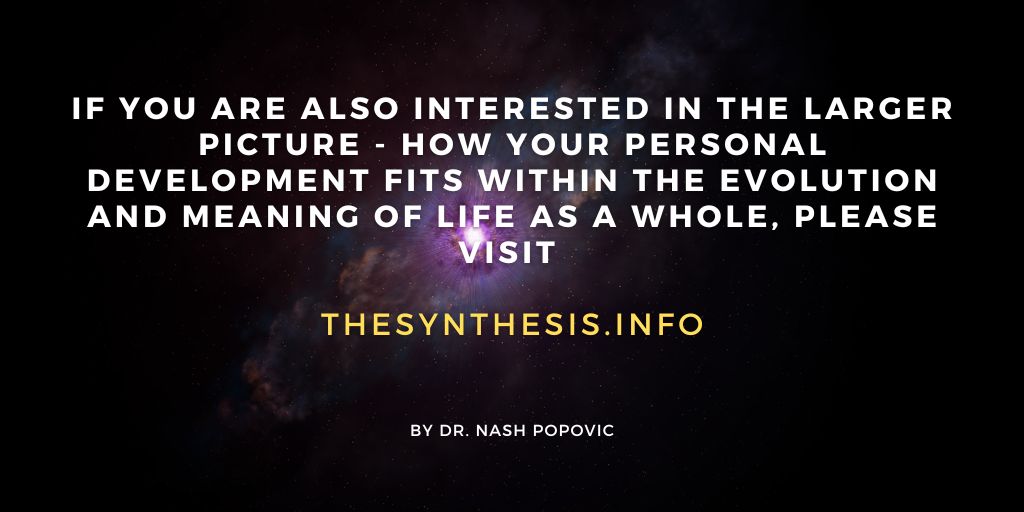42. Achieving
Not in the clamour of the crowded street, Not in the solutes and plaudits of the throng, But in ourselves are triumph and defeat.
H. W. Longfellow (19c American poet and educator)
Choose a challenge
To get the most out of this area, choose a task you will keep in mind while reading and apply what you have read to (e.g. passing a driving test, winning a game, climbing a mountain). Try to pick a task of the right size for you. A task that is too easy may not be challenging or interesting enough to bring much satisfaction; too difficult a task may undermine your confidence and motivation. This said, there are ways of making big challenges manageable.
Making big tasks manageable
- A big project can be broken into several smaller tasks that are tackled in turn – this can bring a sense of accomplishment sooner and so maintain motivation. Let’s say your project is to sail around the world: one task could be to learn to sail, the other to save money to buy a boat, the third getting sponsors, the fourth sailing itself. But this is not all.
- Each task may be broken further into sequences. For routine tasks, it is better, if possible, to start with the hardest one while you still have a lot of energy (e.g. if you are going to clean the flat, start from the dirtiest room). For challenging tasks start with the easiest sequence – this will give you the confidence to tackle more difficult ones if successful or a more realistic view of the project if you can’t complete even the easiest part.
Assuming that you have chosen what you want to achieve, let’s now turn to each stage of the process.
The stages of achievement
To cover as many tasks as possible, several tips are suggested for each stage, but not all of them may be relevant in every case.
Analyse the situation
- Learn as much as you can about your task. For example, if you want to win a game, observe your opponent playing to determine their strengths and weaknesses. There is always something to be learnt if you pay attention.
- Consider how much time is needed to prepare for and accomplish the task and whether you have it.
- What do you assume (e.g. that everybody will love the product you want to sell)? Are your assumptions sound?
- What are the restraining and facilitating factors? How can you reduce and strengthen them, respectively (e.g. getting nervous may be a restraining factor for passing your driving test; having a very supportive instructor may be a facilitating factor)?
- What are your weaknesses? How can you minimise them?
- What are your strengths? How can you maximise them?
- What is relevant for your achievement and what is not? Exclude (from your mind) what is not, and focus on what is.
Prepare
- Are you mentally and physically in good form? If not, what can you do to improve it?
- Do you have all you need (e.g. equipment, resources, assistance)? If not, how can you get it?
- If possible, choose a convenient place and time for action.
- Remove from your surroundings whatever can be a distraction (e.g. switch off your phone).
- To avoid an unpleasant surprise, don’t underestimate your opponents and possible obstacles and treat them with respect.
- Do not count on luck! Have something in reserve (backup plans, alternative routes), especially if you do not have all the important information. For example, what are you going to do if you get lost or it starts raining while climbing a mountain?
Engage
This is the crucial step, and there are many points relevant to it:
- Determination: entering this stage half-heartedly or with conflicting motives decreases the chances of success. So, be clear about what you want and begin without doubts.
- Confidence: do you believe that you can make it? Obviously, being overly confident is a recipe for failure, but if you don’t think you can make it at all, why bother?
- Focus: if you are not fully focused, you massively reduce your chances of making it, so don’t let yourself be distracted (e.g. keep your eyes on the road during your driving test, no matter how interesting pedestrians or shops are).
- Keep your emotions and excitement in check: they can be a powerful source of energy but can reduce concentration. Try to keep both positive and negative emotions in a ‘Goldilocks zone’ (not too much, not too little) in order to make them work for you rather than the other way around.
- Be one step ahead: try to predict what will happen next or what the next move of the other side will be (i.e. get in their shoes and imagine what you would do in their position).
- Be strategic: opposing a force in its full strength is usually a waste of energy. It may be better to wait for a blow to lose its strength or use that force to your advantage by encouraging it to go too far (one of the basic principles in judo, for example).
- If you have made a mistake, don’t dwell on it: otherwise, you will make further mistakes since you are focusing on what has happened rather than on what is happening. Do damage control instead, and concentrate on turning things around.
- If you are losing, remain alert and ready to take a chance: do not succumb to defeatist attitudes and negative emotions. It is not over until it is over! However, recognising when it really is over is wise. Don’t get attached to a desire to win. Sometimes it may be best to cash in your chips and walk away.
- If you are winning, remain vigilant: over-confidence when on a roll can easily turn a victory into a defeat. Remember, it is not in the bag if it is not in the bag or if it can jump out of it.
Rebalance
Allow yourself to express or meet the needs that you had to suppress during an action, such as bodily needs (food, drink, toilet, etc.), a need for rest, or emotional release and processing. Don’t skip this step irrespective of whether you were successful or not – it is important for your physical and mental wellbeing.
Evaluate
After re-balancing is completed, you can consider the following:
- What you can learn from the experience. Although you may not always win, you can always learn something.
- What you did well and what you didn’t.
- What you can do to improve.
How to do your best
Doing your best does not guarantee success (sometimes we fail for reasons beyond our control), but even a failure is easier to bear if we know that we did all we could. You may lose, but you don’t have to feel defeated! There are two challenges to doing your best:
Self-sabotage can have various motives: to reduce uncertainty and anxiety, to confirm a negative view of oneself, or to avoid feeling guilty. If you are prone to self-sabotage, try the following:
Meet the inner saboteur: imagine that you have already failed or given up. Is there a part of you that feels relieved or good about it? If so, listen to it first (learn why it feels that way) and then try to negotiate, modify or alleviate these feelings without having to fail or give up.
Focusing only on the end result is unhelpful as it diverts your attention from the present (where the action is) and also makes your task less enjoyable. Csikszentmihalyi, of Flow fame, writes: ‘When beating the opponent takes precedence in the mind over performing as well as possible, enjoyment tends to disappear.’[2]
If you worry that you will lose, accept the consequences of that possibility and then focus on the action and doing your best.
(1) Spence, J. T. and Helmreich, R. L. (1983) ‘Achievement – Related Motives and Behaviours’ in Spence, J (ed.) Achievement and Achievement Motives. San Francisco: W. H. Freeman, p.25.
(2) Csikszentmihalyi, M. (1992). Flow. London: Rider, p.50.

